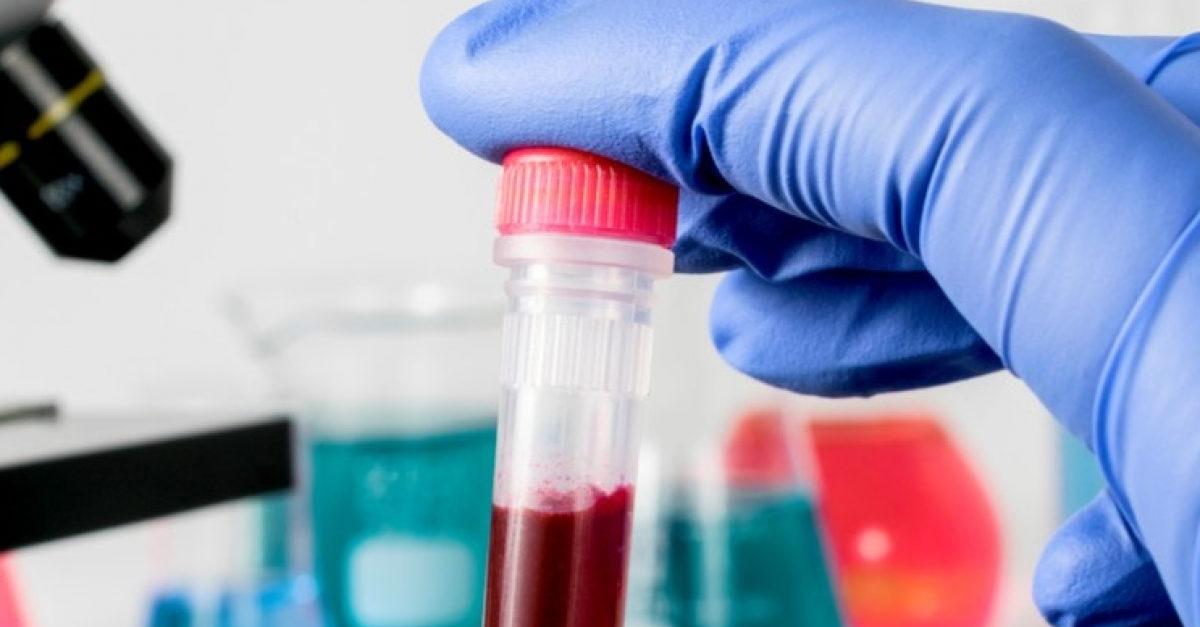Are you curious to know what is tc in blood test? You have come to the right place as I am going to tell you everything about tc in blood test in a very simple explanation. Without further discussion let’s begin to know what is tc in blood test?
What Is TC In Blood Test?
Regular health check-ups are essential for maintaining overall well-being, and one common component of these check-ups is a blood test. Among the various parameters measured in a blood test, Total Cholesterol (TC) is a critical marker that provides valuable insights into your heart health. In this blog, we will explore what TC in blood tests represents, its significance, and how to interpret the results to protect your cardiovascular health.
What Is Total Cholesterol (TC)?
Total Cholesterol (TC) is a measurement of the total amount of cholesterol present in your blood. Cholesterol is a fatty substance produced by your liver and obtained through your diet. While it’s necessary for various bodily functions, too much cholesterol in your bloodstream can lead to plaque buildup in your arteries, increasing the risk of heart disease and other cardiovascular problems.
Understanding The Components Of TC:
TC is composed of two main components:
- Low-Density Lipoprotein (LDL) Cholesterol: Often referred to as “bad” cholesterol, LDL cholesterol carries cholesterol particles to your arteries, where it can accumulate and form plaques, narrowing and potentially blocking blood flow.
- High-Density Lipoprotein (HDL) Cholesterol: Known as “good” cholesterol, HDL cholesterol helps remove excess cholesterol from the bloodstream and transports it back to the liver for excretion.
Why Is TC Important?
Monitoring TC levels is crucial because high cholesterol levels are a significant risk factor for heart disease. Excessive cholesterol can lead to atherosclerosis, a condition where plaques form in the arteries, reducing blood flow and increasing the risk of heart attacks and strokes.
Interpreting TC Levels:
TC levels are measured in milligrams per deciliter (mg/dL) of blood. Here’s how to interpret your TC results:
- Desirable TC Level: A desirable TC level is typically below 200 mg/dL. This indicates a lower risk of heart disease.
- Borderline High TC Level: TC levels between 200 and 239 mg/dL are considered borderline high, suggesting a moderate risk of heart disease.
- High TC Level: TC levels exceeding 240 mg/dL are considered high, indicating a significantly increased risk of heart disease.
It’s essential to remember that the interpretation of TC levels should be done in conjunction with other lipid profile components, such as LDL cholesterol and HDL cholesterol, to get a comprehensive assessment of your heart health.
Managing Your TC Levels:
If your TC levels are high, there are several lifestyle modifications and medications that your healthcare provider may recommend:
- Dietary Changes: Adopting a heart-healthy diet low in saturated and trans fats while increasing fiber intake can help lower TC levels.
- Regular Exercise: Engaging in regular physical activity can raise HDL cholesterol and lower TC levels.
- Medications: In some cases, healthcare providers may prescribe medications, such as statins, to help manage high TC levels.
- Quit Smoking: Smoking can lower HDL cholesterol levels and damage blood vessels, so quitting is essential for heart health.
Conclusion
Total Cholesterol (TC) is a vital component of blood tests that provides valuable insights into your heart health. Maintaining healthy TC levels, along with a balanced diet, regular exercise, and other heart-healthy habits, can significantly reduce the risk of heart disease. Regular check-ups and discussions with your healthcare provider are essential for monitoring and managing your TC levels to ensure a healthier and happier heart.
FAQ
What Is TC In Blood Test Normal Range?
The normal result for TC DC for Total Count is 4000 to 11000 cells for Unisex gender and for all age groups. Neutrophils is 40-80% for Unisex gender and for All age groups. Lymphocytes is 20-40% for Unisex gender and for All age groups.
What Happens If TC Is High?
What Abnormal Results Mean. Higher than normal T-cell levels may be due to: Cancer, such as acute lymphocytic leukemia or multiple myeloma. Infections, such as hepatitis or mononucleosis.
What Happens If TC Is Low?
A low T cell count is more common than a high T cell count. Low T cell counts usually indicate problems with your immune system or lymph nodes. Low T cell counts may be due to: viral infections, such as influenza.
What Does TC Mean In Blood Test?
TC or total count measures the number of white blood cells. This count if high in number is indicative of an infection. DC measures the structure and consistency of WBCs. It also counts the percentage of basophils, eosinophils, neutrophils, monocytes and lymphocytes.
I Have Covered All The Following Queries And Topics In The Above Article
TC In Blood High
TC Dc Blood Test Normal Range
TC Test Full Form
TC Normal Range Female
TC Blood Test Full Form
TC Dc Test Full Form
TC Normal Range Male
Dc Blood Test Full Form
What Is TC In Blood Test
What is a TC & DC blood test?
